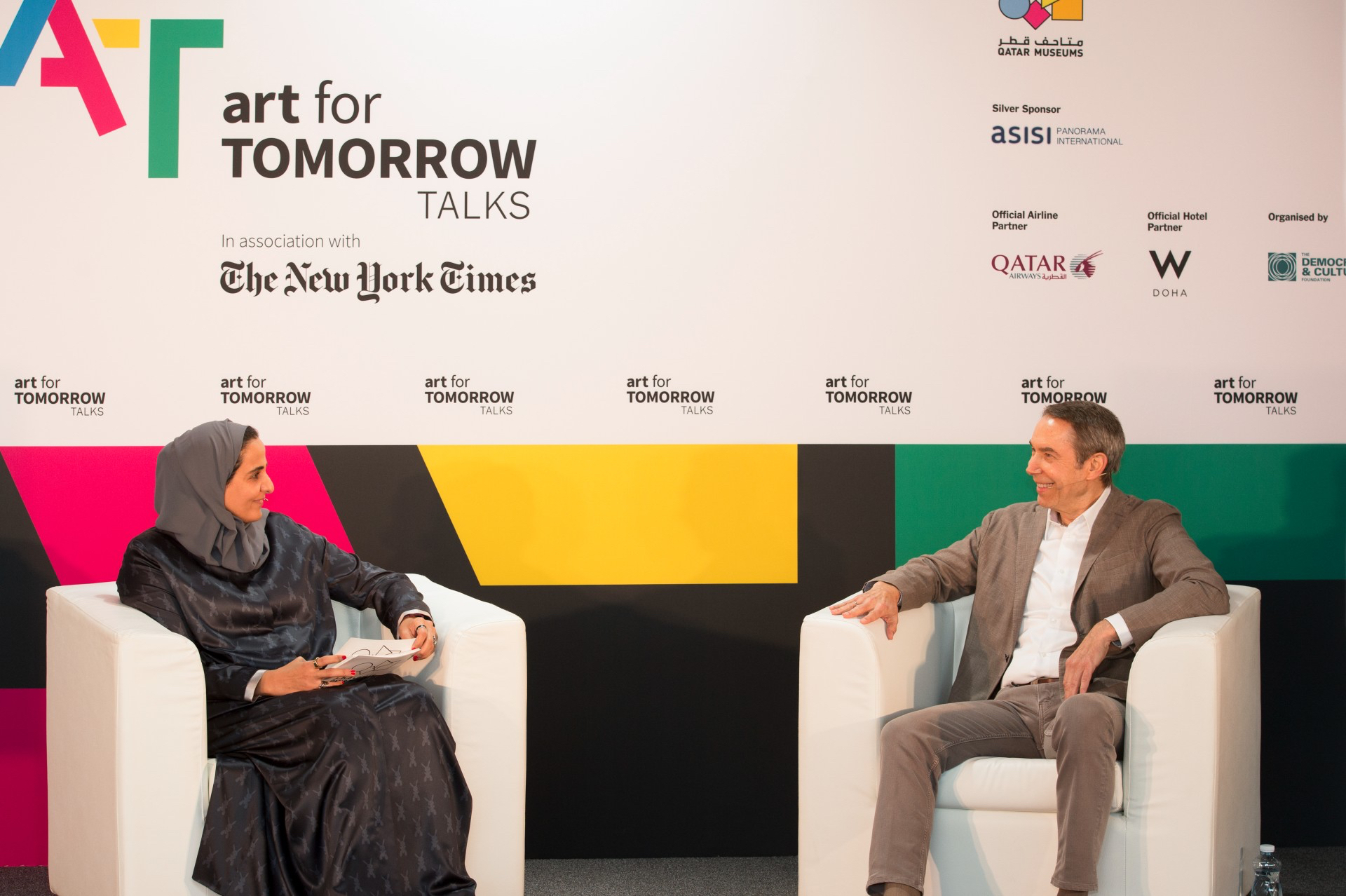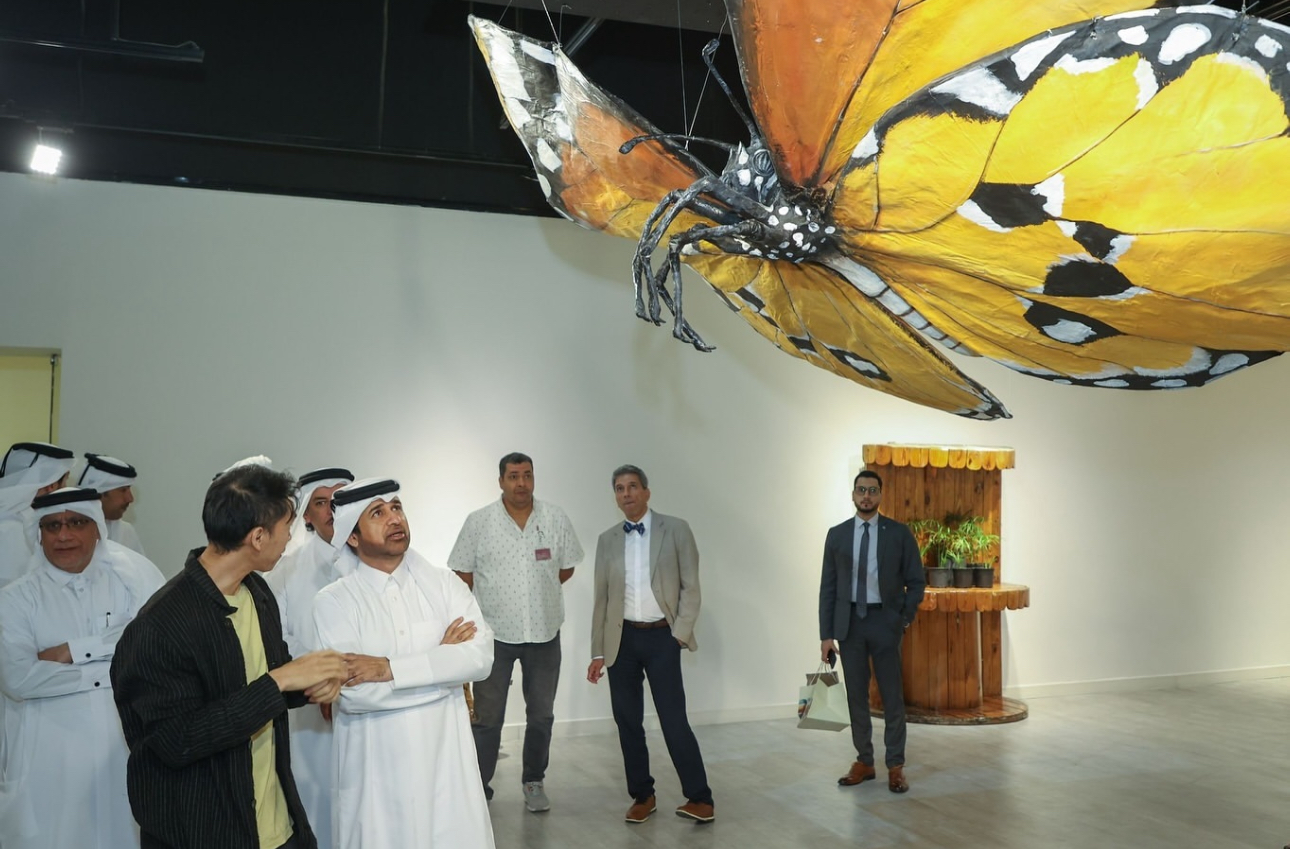Qatar’s first e-survey of household energy consumption patterns and behavior has resulted in a call for more recycling facilities and new ways of encouraging people to save power at home.
The study, conducted by the Qatar Green Building Council – which is a member of Qatar Foundation – launched last September and involved 1,600 expat and Qatari residents logging details of their usage of electricity, water and gas for one month. They recorded their overall consumption, as well as how they used different household appliances.
The project is part of an initiative to create new ways of encouraging people to live in more environmentally sustainable ways and reduce their ecological footprint.
The researchers found that two-thirds (65 percent) of those who took part said they did not have access to convenient recycling facilities and half of all respondents said that more user-friendly facilities for common household waste such as paper and glass would encourage more people to recycle.
Such methods could include doorstep collection or the installation of more local recycling points, within walking distance from homes, QGBC said in a statement on Qatar News Agency.

There are a few public recycling points around Doha, including bins at Katara Cultural Village, Education City and at some schools and housing compounds, but they are generally far from widespread.
Meanwhile, several local companies specialize in recycling industrial materials such as cabling as well as paper, cardboard, plastic bottles and other consumer goods.
Other outcomes
Results from the survey also found that residents could be more energy-aware in their use of household appliances:
- While almost all respondents used a washing machine regularly, on average, over 50 percent of the washes were only half full or less;
- One third of those surveyed admitted that they often left their air conditioning running when they were out of the house, with only one in 25 using the timer function; and
- 50 percent said they only switched their TV to standby mode when they had finished watching, rather than turning it off at the main switch, which would save more energy.
“In each of these cases, changes to expatriate and local residents’ behavior will cut both household energy bills, and reduce use of the nation’s precious energy resources that could instead be spent on other projects to benefit the nation,” QGBC added in the statement.
The researchers also found that a “significant amount of water is wasted at homes,” adding that QGBC would use the data to draft “practical and cost-effective solutions” in a bid to tackle the problem.
This issue is in itself not new. Qatar is known to be one of the world’s biggest consumers of water, using four times as much as many European countries and 10 times more than many others.
The desert state has a 48-hour emergency water supply, although it is trying to increase this capacity to seven-days through intensive investment in new desalination technologies using solar power and other systems, in addition to a US$2.7 billion scheme to build five “mega” reservoirs outside Doha by 2016.
Qatar’s lack of energy efficiency has in part been attributed to its heavily subsidized (or free, for nationals) utilities which provide little incentive for residents to curb their electricity use.
The national utilities company Kahramaa is considering several measures to improve awareness, such as installing smart meters in homes and its ongoing Tarsheed campaign to reduce consumption.
Waste production
Qatar’s waste generation is among one of the highest figures per capita in the world, at around 1.6 to 1.8kg per day. Daily, it produces around 7,000 tons of waste, with 30 percent of that (2,100 tons) generated by households, with the remainder coming from construction and demolition.
The 2011-16 National Development Strategy has listed several targets to reduce the amount of waste produced, including a goal to increase recycling rates from 8 percent to up to 25 percent.
And after Qatar hosted the UN Climate Change Conference COP18 in 2012, there was talk of setting up a national recycling program in a bid to improve Qatar’s waste diversion rates.
However, the plan, which involved placing bins in major malls and popular hangouts like Souq Waqif, faltered due to bureaucracy.
As the population continues to expand, the country is struggling to find ways to accommodate the increasing amount of waste produced.
According to BioEnergy Consult, there are three landfills in Qatar, and all are running out of space – one is in Umm Al-Afai for bulky and domestic waste; one is in Rawda Rashed for construction and demolition waste; and one is in Al-Krana for sewage waste.
Its state-of-the-art, domestic solid waste management center near Mesaieed operates at full capacity, according to a senior official from the company that designed, built and now manages the waste center.

As a result, 400 tons of domestic waste are dumped in landfill daily, Stefan Kipp, regional director (MENA) of Singaporean company Keppel Seghers, said last year.
The company has submitted proposals to the government for a QR2 billion (US$550 million) expansion of the current facility that, if accepted, would enable the plant to process up to 5,000 tons of domestic waste daily by 2024.
While this site has advanced means of separating waste which is able to be recycled, it doesn’t actually recycle any materials.
Recycled roads
Qatar is beginning to make some progress in its efforts to recycle construction material, albeit some way behind many other countries internationally.
In November last year, for the first time in Qatar, a road was constructed using reclaimed and recycled stones from a construction site and landfill as part of a research initiative by the Ministry of the Environment and other partners.
The initiative, which was a pilot project between MoE’s Qatar General Organisation for Standards and Metrology (Qatar Standards) and the public works authority Ashghal, was part of a wider campaign to encourage the public and private sector to reuse and recycle construction materials where possible.
Meanwhile, Transport Research Laboratory, in partnership with Qatar University, Qatar Standards and Ashghal, is undertaking a three-year study to monitor the performance of recycled aggregates (granular material) in a range of real construction projects.
Would you recycle more if it was easier? Thoughts?








